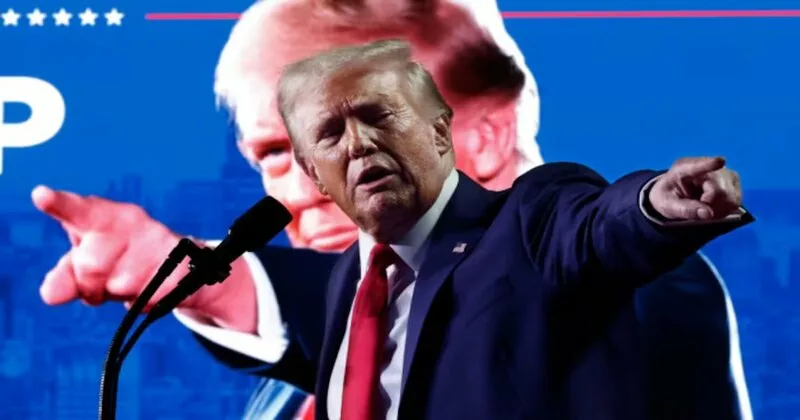
President-elect Donald Trump’s warning of imposing 100% tariffs on BRICS nations if they move away from the US dollar has sparked debates about its feasibility and legality. Former Reserve Bank of India (RBI) Governor Duvvuri Subbarao questioned whether such measures align with US laws and raised concerns about the criteria America would use to determine de-dollarization. Trump’s remarks come amid BRICS discussions on reducing dollar reliance, though internal divisions have hindered progress on creating a common currency.
Subbarao highlighted that the idea of a unified BRICS currency faces significant political and economic obstacles, particularly as India resists surrendering monetary policy autonomy. While Russia and China are strong proponents of dollar alternatives, India’s cautious stance reflects the bloc’s divergent priorities. Subbarao noted that China, through its Belt and Road Initiative (BRI), has advanced the internationalization of its currency, the Renminbi (RMB), invoicing a large share of its trade in RMB. Meanwhile, India’s modest global trade share and reliance on hard currencies like the US dollar make a swift transition unlikely.
The former RBI chief explained that while moving away from the dollar could shield BRICS from US monetary dominance, the costs and challenges are immense. China, with its extensive trade network and RMB-denominated BRI loans, is better positioned for such a shift than India. For India, achieving Rupee internationalization remains a distant goal, further complicating the bloc’s efforts to establish a unified currency.

Post Your Comments